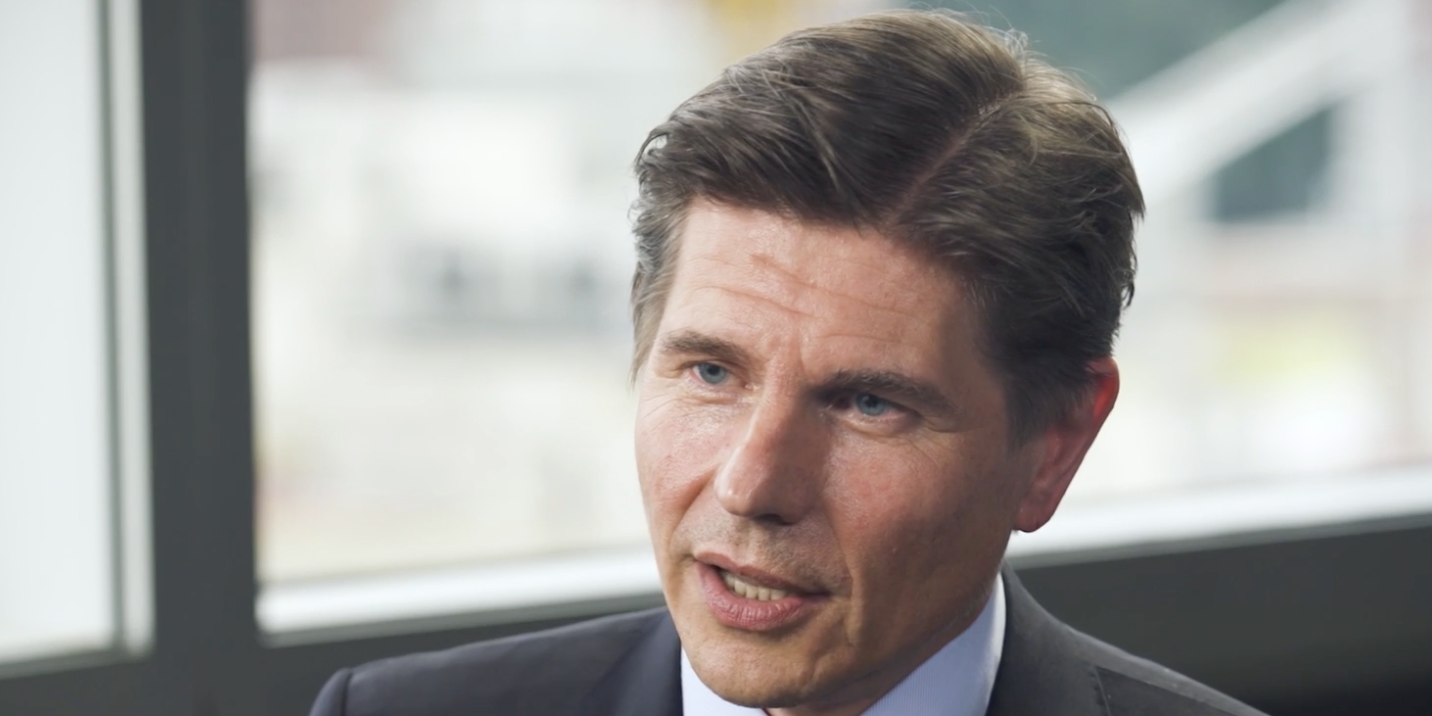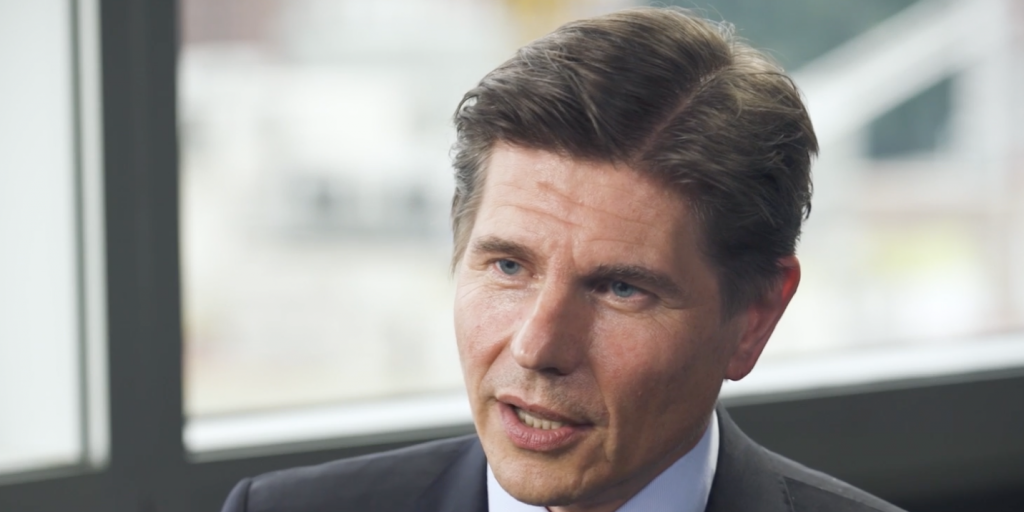
Hong Kong Exchanges & Clearing
- A record number of companies have applied for IPO listings with Hong Kong Exchanges & Clearing Ltd., the exchange's CEO told Bloomberg in a Wednesday interview.
- About 200 companies have filed for listings even as China carries out regulatory crackdowns against private firms.
- The exchange will soon begin discussions about listings for SPACs, said CEO Nicolas Aguzin.
- See more stories on Insider's business page.
About 200 companies have applied to list their initial public offerings with Hong Kong Exchanges & Clearing Ltd., the exchange's CEO told Bloomberg. That marks a record even amid China's recent regulatory crackdown.
The exchange's pipeline is "significant and healthy," HKEX CEO Nicolas Aguzin said in a Wednesday interview. Inquiries about potential listings have been increasing even as some companies assess market conditions and platforms for listings, said Aguzin who was appointed as CEO in May.
Beijing has been targeting big technology companies and others with data-security reviews and swift industry rule changes in its bid to remedy a range of issues including anti-competitive behavior and what it sees as security risks in Chinese firms listing in the US. The Hong Kong market could gain from China's current work in revising its rules for overseas IPOs.
Aguzin also said HKEX and the Securities and Futures Commission will "in a few weeks" begin consultation over allowing listings by special purpose acquisition companies, or SPACs, a move that could further expand the exchange's pipeline.
China's regulatory crackdown has knocked out more than $1 trillion in value from Chinese stocks traded in the US and on the mainland since February, according to Bloomberg. In the most recent high-profile move, China began a cybersecurity review of ride-hailing company Didi Global just days after its shares started trading in the US on June 30. Didi Global's stock has steadily fallen from the $14 IPO price, trading close to $9 apiece during Wednesday's session.
Read more: Chinese stocks are tanking. Here's why their financial meltdown could get way, way worse

